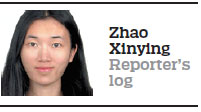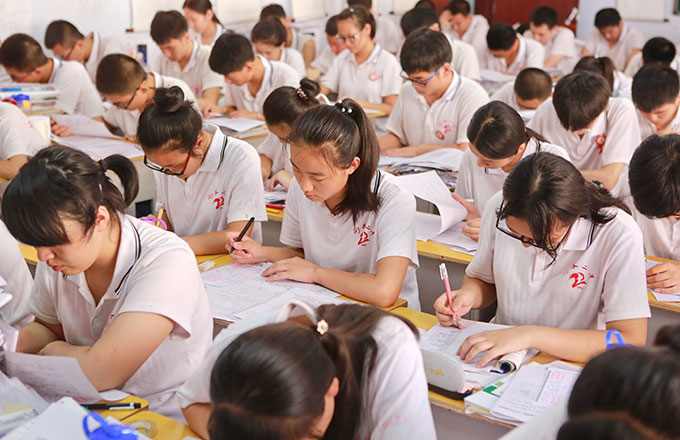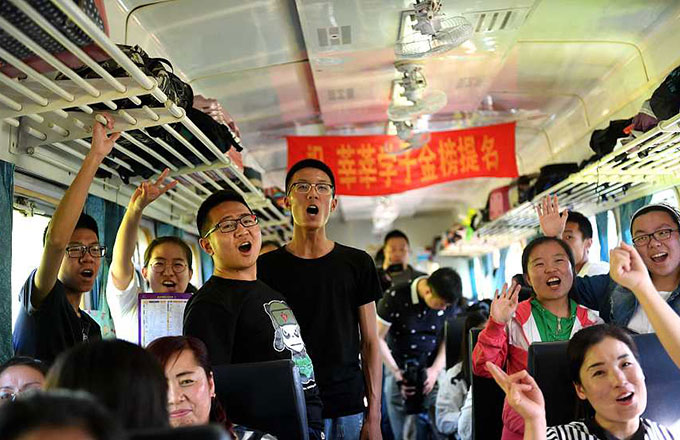Nothing can replace knowledge and talent
In China, the gaokao has long been called "the most important examination".
That was particularly true decades ago when the economy was underdeveloped and social resources were in short supply. Those who passed the exam in 1977 and attended college obtained decent, government-allocated jobs, becoming respected cadres and leading better-than-average lives.
But that's not the reason the revival of the exam, after a long suspension, deserves to be commemorated.

Instead, it is remembered because it reinforced people's faith in the power of knowledge and their respect for talent, which opened a new era of rapid economic and social development.
I think the sense of value reflected by the exam's revival is still meaningful, even though the country has become the world's second-largest economy and living standards have improved.
In recent years, there have been many media reports, online posts and much anecdotal evidence about people who had no higher education but still made big fortunes in business. Conversely, some people with master's degrees or even doctorates have failed to land well-paid jobs. That led some people to conclude that knowledge and academic qualifications are unnecessary for success.
In my opinion, that line of thinking is flawed.
Looking at the history of human development, we find that each economic development and example of social progress or technological innovation has been fueled by knowledge and talent. Many people believe that China's prosperity has benefitted greatly from faith in education and talent.
Can you imagine what the China of the future would be like if today's younger generation rush into business rather than going to school? Will the economy continue to develop? Will people's lives continue to improve?
Maybe for a short period, but not in the long run.
The significance of knowledge and talent may be overshadowed temporarily, but it becomes self-evident as time passes - that's the lesson I have learned from the revival of the gaokao 40 years ago.
























